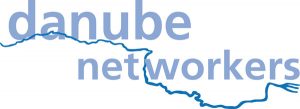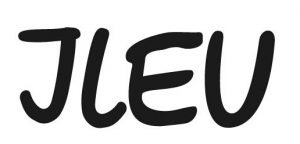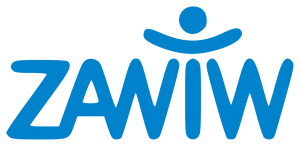Focus Groups
Focus groups in which were representatives of project partners were conducted to define and monitor performance indicators (metrics), assess the quality of the project results, its progress and impact. Focus groups are important part of the evaluation process (formative and final evaluation) and enabled information about dynamics of the project implementation, challenges in implementation, obstacles for partners in the project, their satisfaction with project management and with the results, suggestions for improvement of implementation.
Stage/Step 1: Selecting the members of the team (moderators, note-takers for each group)
Stage/Step 2: Creating Focus Group Discussion Guide.
Stage/Step 3: Providing 3 focus group sessions for each group
Step4: Collecting and analysing transcripts and note.
Step5: Writing report and recommendations for formative evaluation and final comments for summative evaluation
Pedagogical Information
Focus groups were part of evaluation in implementation of new educational programmes. This method can be used with students, trainers and staff responsible for organization. Evidences and qualitative data are important part of evaluation in every educational and training program.
In implementation of this project were included differences among European countries and societies, sociocultural differences of final beneficiaries, different cultural backgrounds and common European values.
Result was common European framework (European Core Competences Framework (ECCF)
Based on professional standards, educational systems, and social needs of older people.
Systematic preparation of educational program is key for its effective implementation.
European Dimension
This method includes partners from EU and candidate countries. An important part is respecting diversity and searching for common elements in proposed programs and methods. During research process participants faced with cultural diversity. Result was - European Core Competences Framework (ECCF) or united (results) in diversity.
Applied in projects
@Learn
@Learn was a multilateral Grundtvig project which united partner organizations from five European countries with the aim of fostering the idea of active ageing and lifelong learning. The project’s goal was to promote an understanding of ageing as an enriching part of the life course and to establish an active aging learning community which raises awareness about and educates on topics like health care, social inclusion, new media and intergenerational solidarity. To reach this, we brought together older adults aged 60+ and younger people aged 16-35 in all partner countries to create a vibrant and rewarding cross-generational learning community.
ELLAN – European Later Life Active Network
This project promoted European cooperation and exchange of innovation and good practice related to the ageing population and to the educational preparation of those that work with older people. The project reconstructed the diverse educational approach by developing a European Competences Framework for working with the older people, sharing innovation in teaching and identifying factors that influence students in choosing to work with older people thus strengthening the quality of higher education for professions providing care for older people.
The project directly targeted educators and management staff at the partners and other higher education institutions in Europe. The indirect target groups were the students, professional communities and older people themselves.



